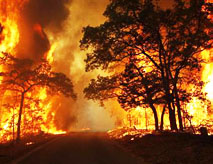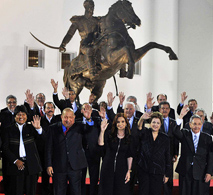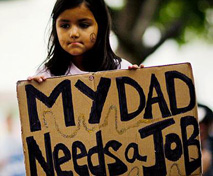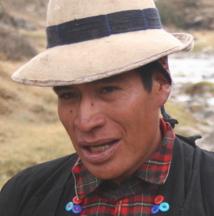
Storm Socialism: Why Climate Change Will Make You Love Big Government
The onset of ever more extreme and repeated weather events is likely to change how we think about the role of the state.

The onset of ever more extreme and repeated weather events is likely to change how we think about the role of the state.

Source: Tom Dispatch
Usually at year’s end, we’re supposed to look back at events just passed — and forward, in prediction mode, to the year to come. But just look around you! This moment is so extraordinary that it has hardly registered. People in thousands of communities across the United States and elsewhere are living in public, experimenting with direct democracy, calling things by their true names, and obliging the media and politicians to do the same.
The breadth of this movement is one thing, its depth another. It has rejected not just the particulars of our economic system, but the whole set of moral and emotional assumptions on which it’s based. Take the pair shown in a photograph from Occupy Austin in Texas. The amiable-looking elderlywoman is holding a sign whose computer-printed words say, “Money has stolen our vote.” The older man next to her with the baseball cap is holding a sign handwritten on cardboard that states, “We are our brothers’ keeper.”

Rain clouds ringed the lush hillsides and poor neighborhoods cradling Caracas, Venezuela as dozens of Latin American and Caribbean heads of state trickled out of the airport and into motorcades and hotel rooms. They were gathering for the foundational summit of a new regional bloc aimed at self-determination outside the scope of Washington’s power.

During the protests in Tahrir Square in November 2011, Mohamed Ali, age 20, responded to a journalist’s query as to why he was there: “We want social justice. Nothing more. That’s the least that we deserve.”
The first round of the movements took multiple forms across the world – the so-called Arab Spring, the Occupy movements beginning in the United States and then spreading to a large number of countries, Oxi in Greece and the indignados in Spain, the student protests in Chile, and many others.

The Occupy movement was most profoundly influenced by the wave of democratic uprisings and public occupations that have stretched from Egypt, Tunisia, Bahrain and Syria to Spain, Greece, Chile and Puerto Rico over the last year.

The widespread dissatisfaction with conservative politicians in indigenous and farming communities swept Ollanta Humala – a left-leaning nationalist - to the presidency in July. Now his supporters are waiting for Humala to begin the promised social revolution, but in many parts of the country, patience is wearing thin.
Copyright Toward Freedom 2019